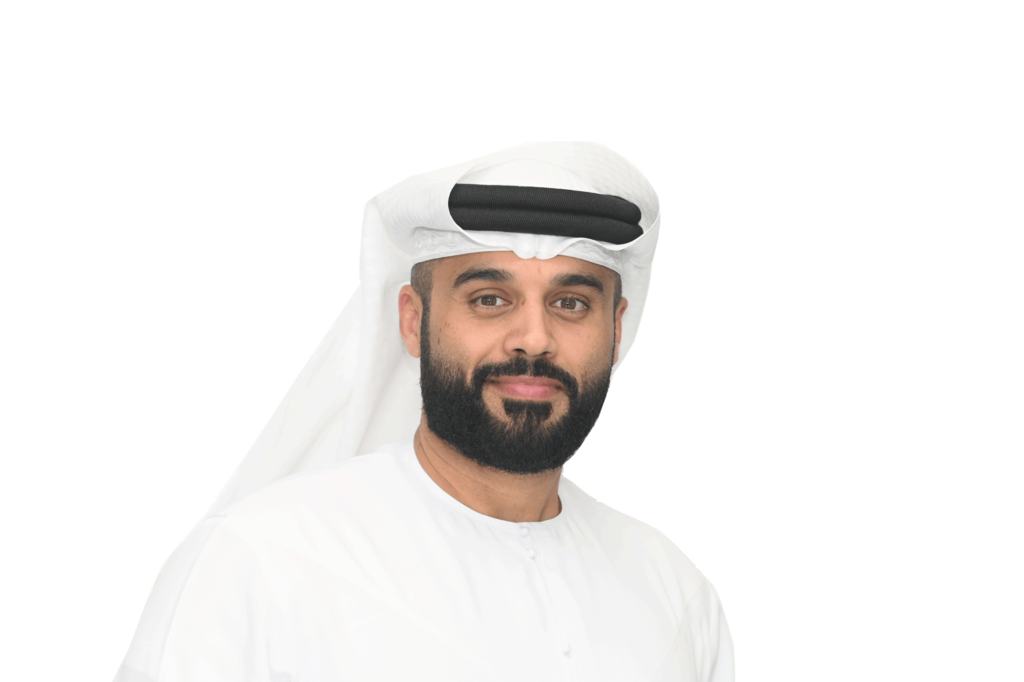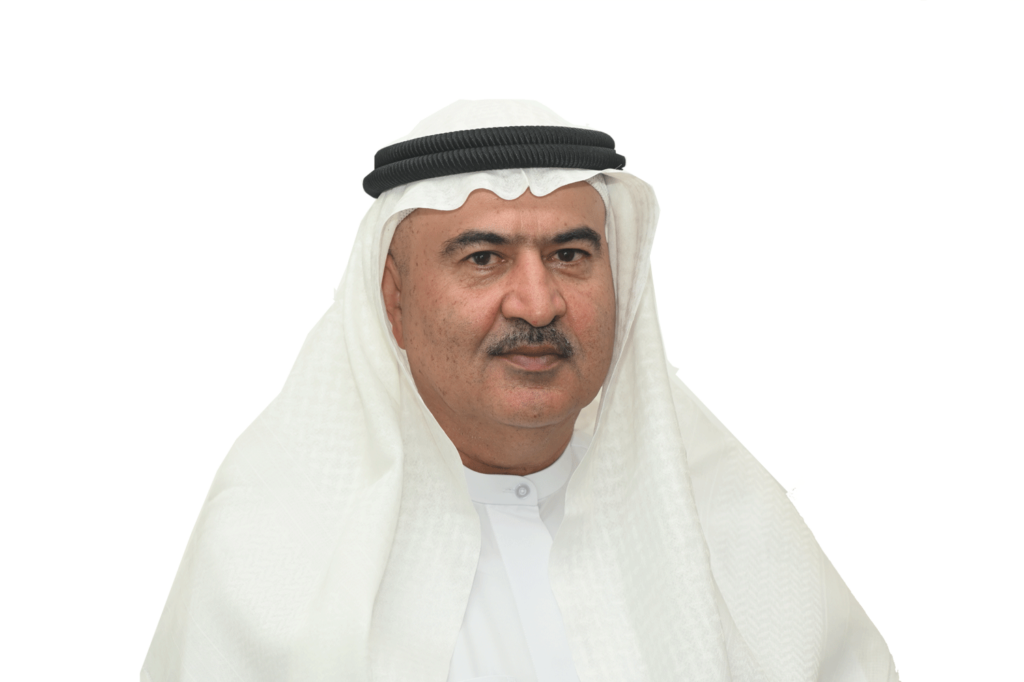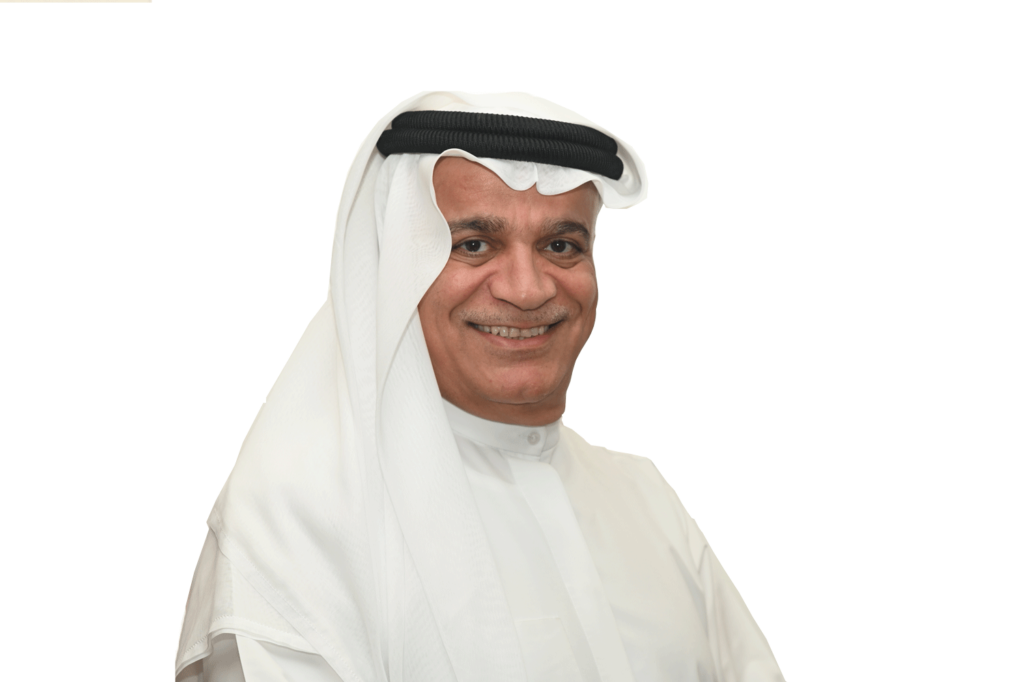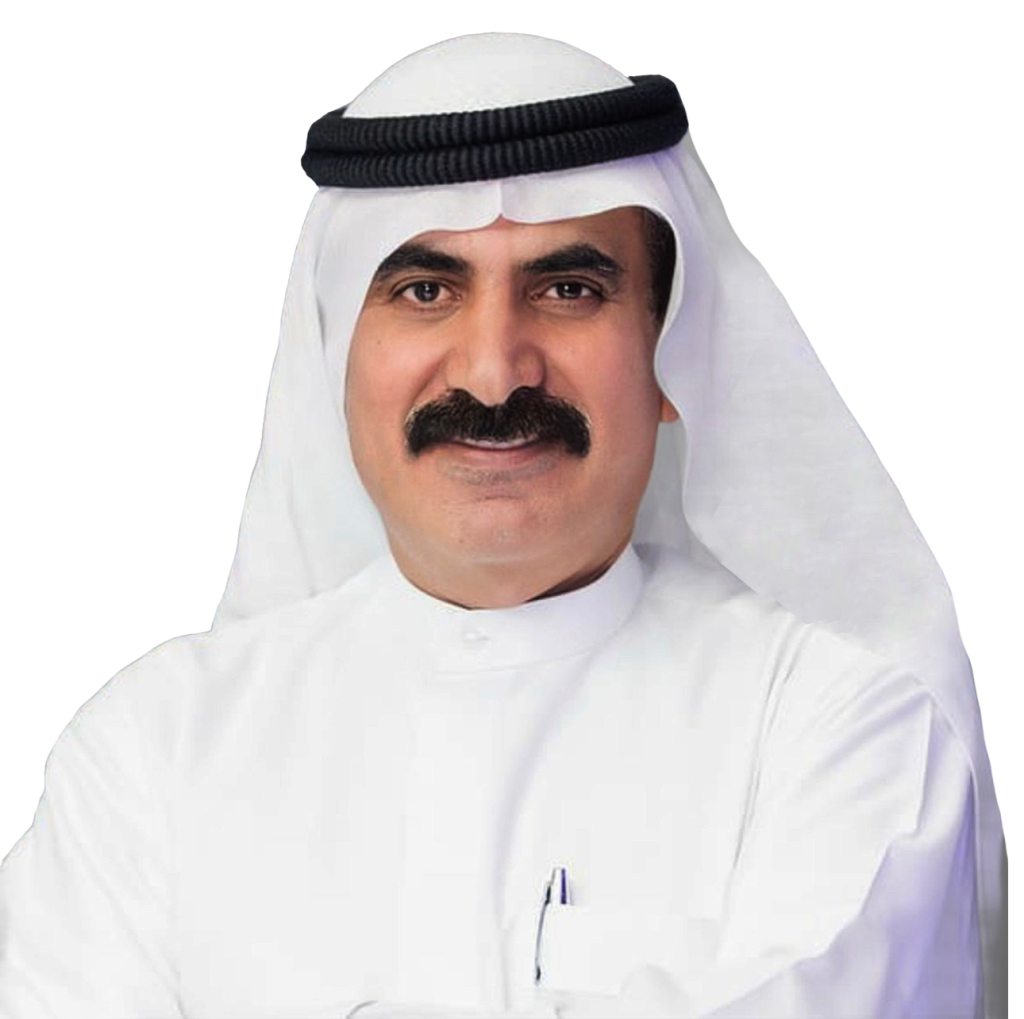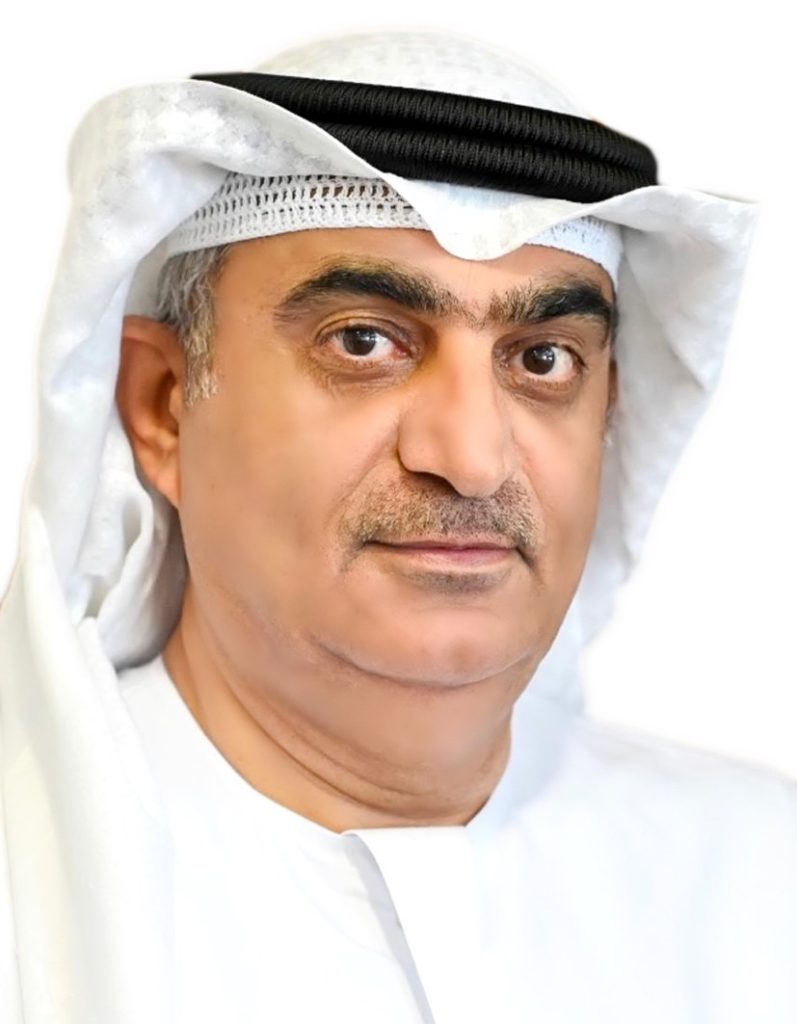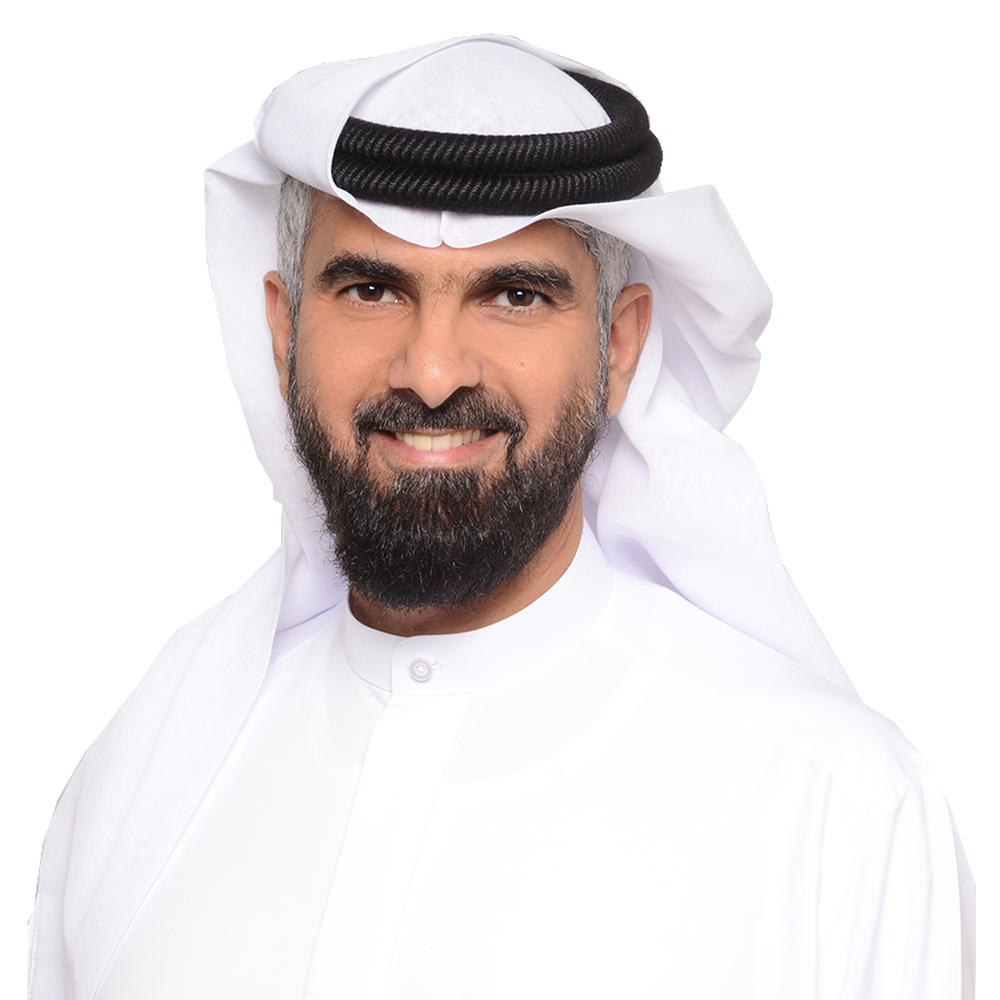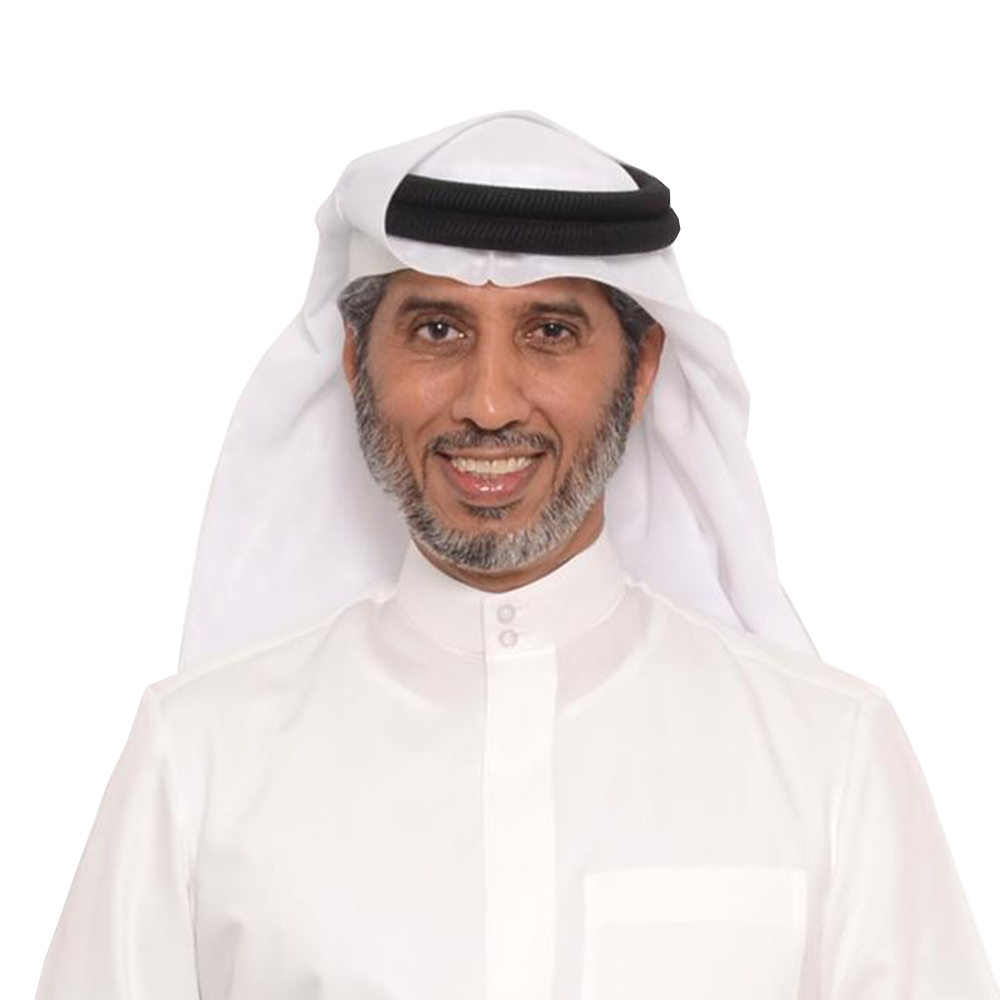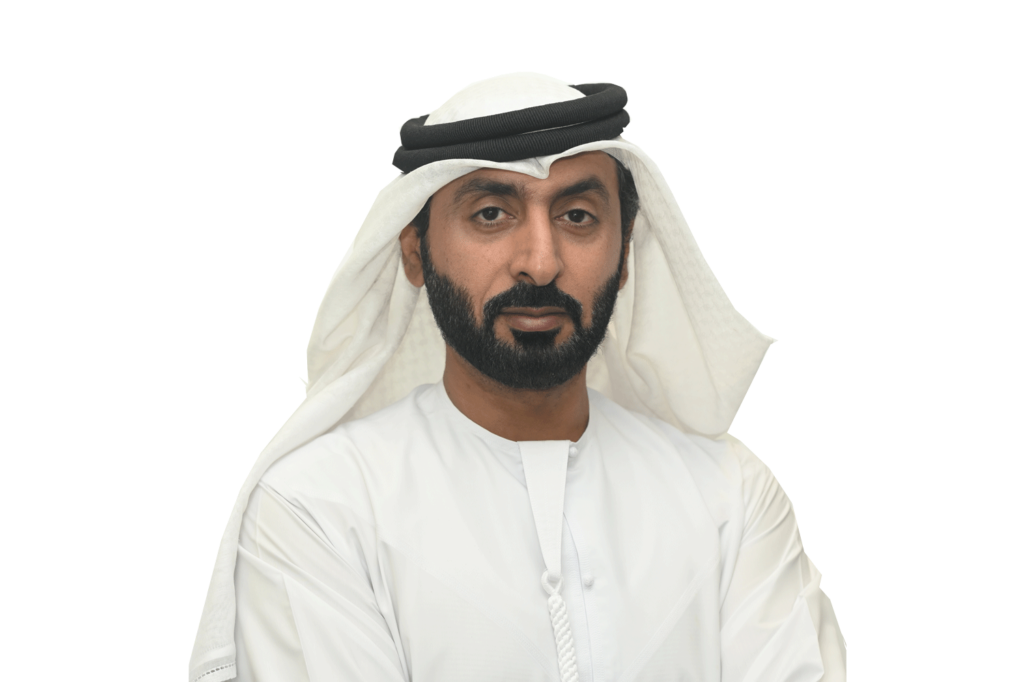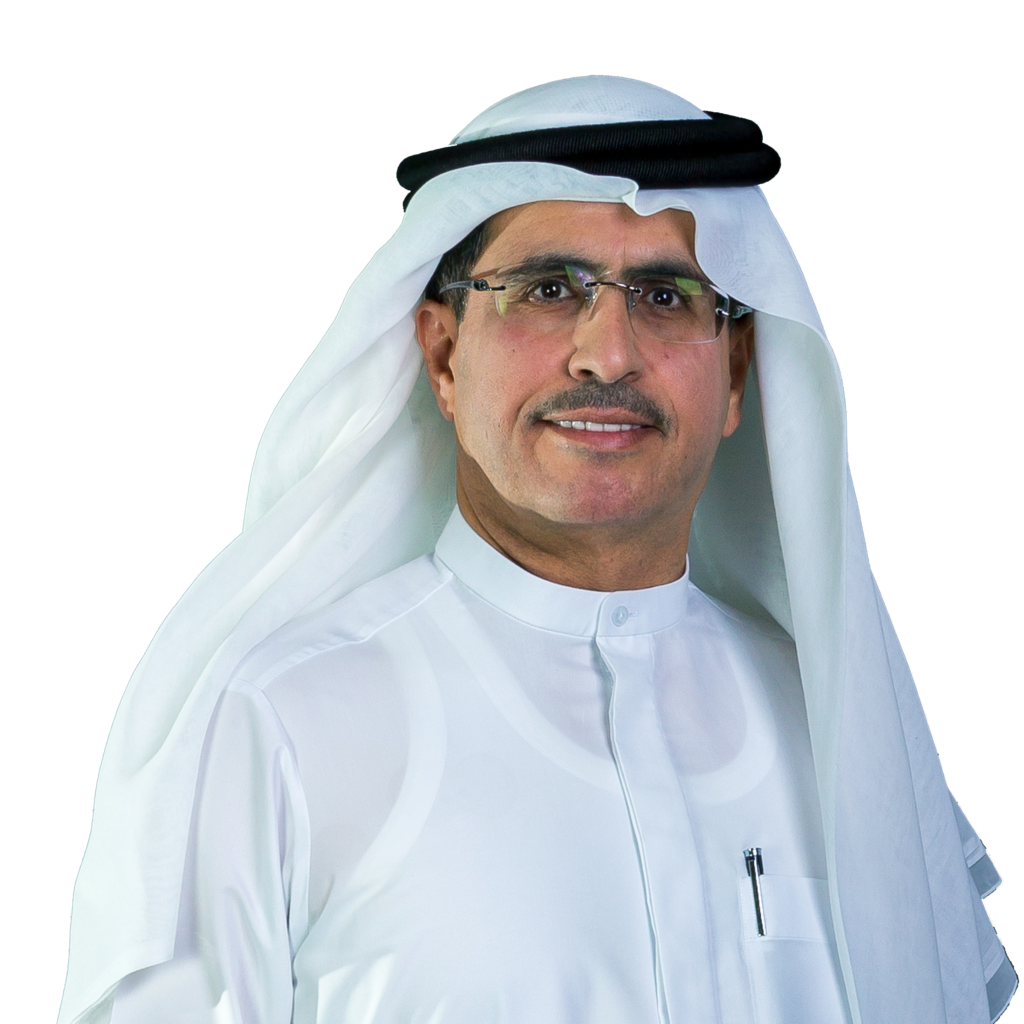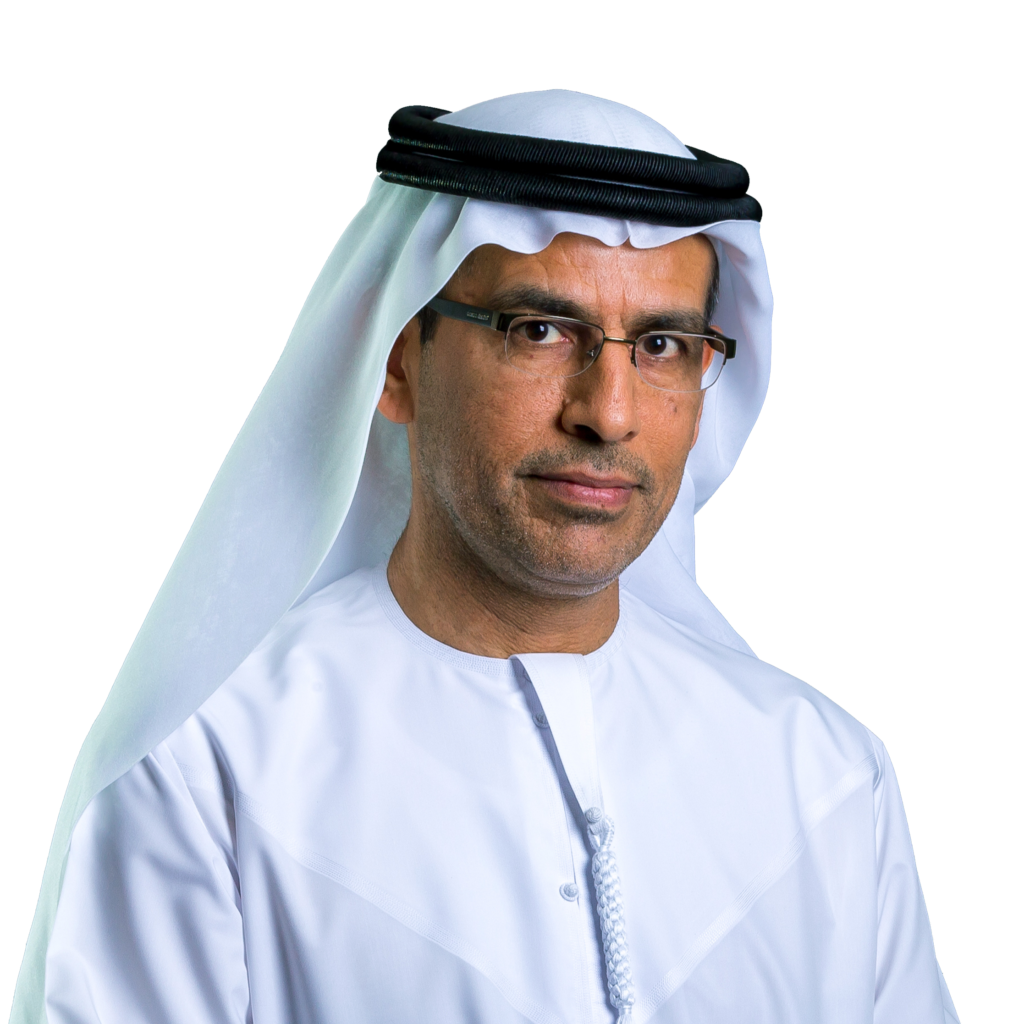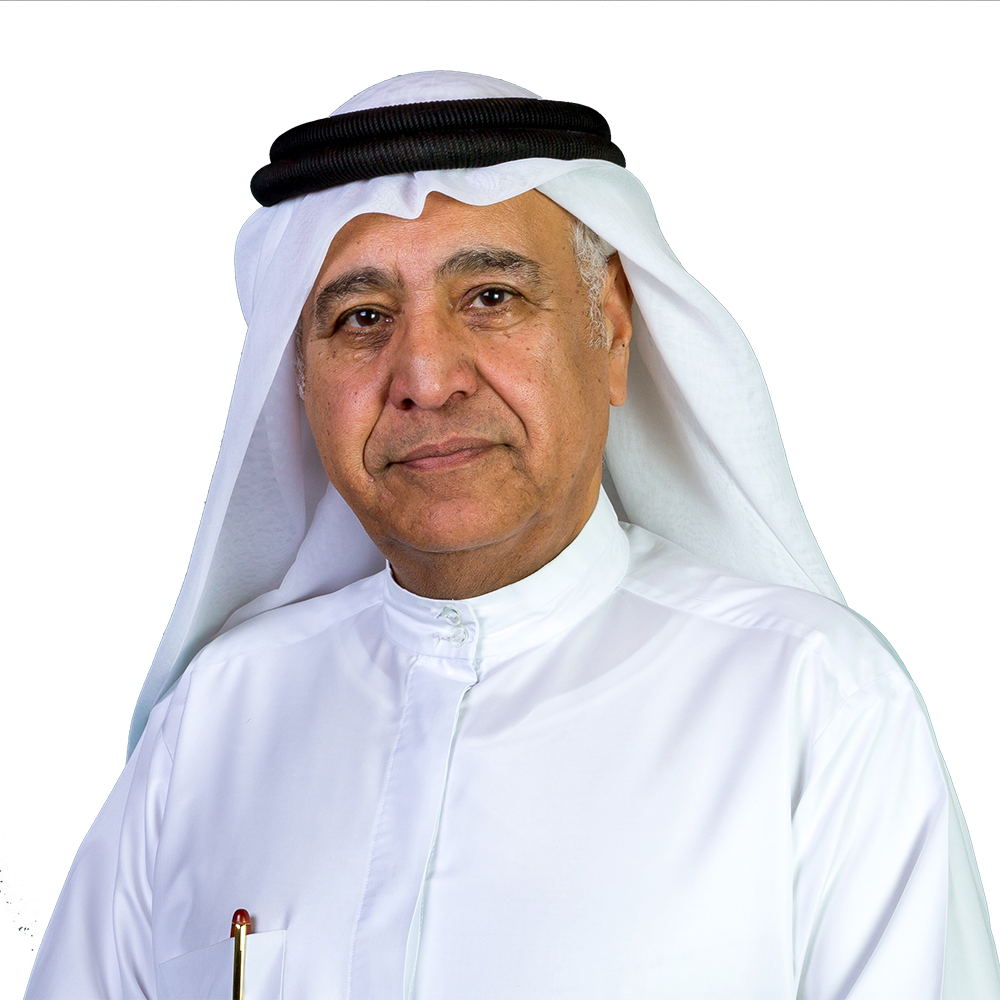





Welcome to
Dragon Oil
Our Business
Oil and condensate 2P reserves

663 million barrels
Oil and condensate contingent resources

93 million barrels
Gas 2P reserves and contingent resources

2.6 trillion cubic feet
Board of Directors


Al Tayer
successes and has become one of the very best distinguished
utilities in all aspects world-wide.
more than 31 years in the field of telecommunications, energy and water.


Al Saleh
of the Department Of Finance of the Emirate of Dubai. He is
also the Chairman of the Board of Directors of Dubai
Financial Support Fund.


Al Awar
Government Human Resource Authority (FAHR). The Authority
is responsible for developing strategies & policies and initiating
projects to advance the Human Capital of the UAE Federal
Government.

Al Muhairbi
Engineering, University of Texas, Austin.
He has been involved in petroleum field development and production
since 1988 for ADNOC, ARCO Dubai Inc. and previously Margham
Dubai Establishment and then with Dubai Supply Authority.


of Science in Petroleum Engineering from the Colorado School of
Mines. He has also earned a Masters in Business Administration
from Duke University's Fuqua School of Business. He has extensive
experience in upstream oil and gas industry, having spent 15 years
with ConocoPhilips a number of international operations.



with more than 30 years of experience in the Oil and Gas sector in the UAE.
Notably, he has had a long and successful career with ADNOC group of companies
and his wealth of experience extends to both the upstream and downstream sectors


He has a BSc in electrical engineering from UAE university and an
MBA from Heriot Watt university with a particular focus on privatization
and regulation
Senior Management


Production and Chief Executive Officer(CEO). He has over 3 decades of
leadership and technical experience in E&P. Al-Jarwan earned a B.Sc degree
in petroleum engineering from the University of Tulsa, Oklahoma; MBA from
the International Institute of Management Development in Switzerland;
and a degree in General Management from Cranfield School of
Management in the UK.


Director – Petroleum Development and recently promoted to
Chief Operating Officer - Operating Assets.
With over 35 years of experience in field development, drilling,
operations and as well as management, he worked namely for
ADNOC. Fareed holds a Bachelor of Science degree in
petroleum engineering from WVU in USA.


Director Projects & Engineering based in Dubai. Tayeb holds a
Bachelor’s degree from Tri State University, Indiana USA in
Chemical Engineering.


AlMaazmi
respected minds in the oil and gas sector. He has accumulated over
36 years of experience and a strong delivery record. His leadership
was proven in significant businesses with large multi-cultural and
multi-discipline teams. Abdulkarim has built mutually respectful
and influential business relationships with stakeholders in the Middle
East Region and represented companies at senior executive positions.


to us with finance background and over 15 years of experience in
the public and private sectors and holds a Master’s Degree in
Business Administration from the University of Sunderland in the
United Kingdom.


Officer. He has over 19 years of leadership and financial experience,
mainly in the Government Sector. BinObood earned a B.Sc degree in
Accounting from the Higher Colleges of Technology in Dubai, and an
MBA from Zayed University; and a degree in Leadership from Harvard
School.
Corporate Governance
Dragon Oil places great significance on high standards of corporate governance as a means to emphasise the Group’s good business conduct and strong ethical culture. The Board recognises its role in providing effective and clear leadership and direction on all matters relating to the business of the Group, and specifically on corporate governance. This creates a robust culture of business integrity and performance, with a view to generating value for the Company and the shareholders, whose views must be clearly communicated to the Board. The management then translates the Board’s direction into actions through adequate and appropriate processes and procedures.
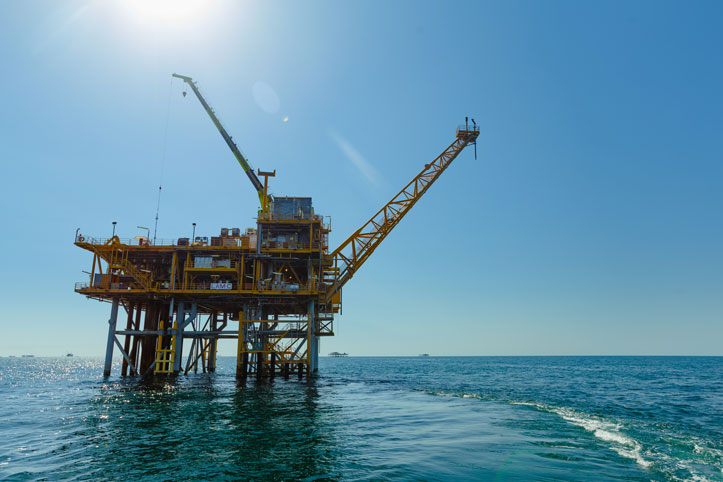
The Board has established the Audit, Remuneration and Nomination Committees and all three have written terms of reference setting out their authority and duties.
Audit Committee
The Committee supports the Board in carrying out its responsibilities in relation to financial reporting and reviews the effectiveness of the Group’s internal financial control and financial risk management systems. The Committee also monitors and reviews the effectiveness of the Group’s internal audit function and, on behalf of the Board, manages the appointment and remuneration of the external auditor as well as monitoring their performance, independence and objectivity.
Topics at Audit Committee Meetings
- Audit, including external and internal;
- Financial Statements, including interim results and Annual Report;
- Governance and compliance matters; and
- Reports from the whistleblower hotline.
Nominations Committee
The Nominations Committee is responsible for identifying and proposing candidates for appointment to the Board, having regard to the balance and structure of the Board.
Remuneration Committee
he primary responsibilities of the Remuneration Committee are to make recommendations to the Board on the framework for and the broad remuneration policies for the Group.
Risk overview
Dragon Oil adopted an Enterprise Risk Management (ERM) framework in 2012 and developed a methodology and process to mitigate potential business risks that can impact the Group’s ability to execute our strategy. The Group seeks to improve awareness and continuously strengthen its capabilities throughout the organisation to ensure that appropriate and suitable risk identification, assessment, treatment and monitoring as well as risk reporting are in place to help deliver the Group’s business objectives and targets.
Group Auditor
The Group Auditor is KPMG.
Internal Control
The Directors are responsible for the Group’s systems of internal control, which are designed to safeguard the assets of the Group and to ensure the reliability of financial information for both internal use and external publication and to comply with the Turnbull Committee guidance. The primary internal control procedures comprise the formal delegation of authorities by the Board to the executive management, and then a Control Framework with a number of subsidiary mechanisms including inter alia a financial authorities manual, tendering procedures and various financial and operational policies and procedures.
The control processes are complemented by effective monitoring and reporting mechanisms, not least of which are the annual reports to and reviews by the Audit Committee. The Directors are responsible for the implementation and review of the Group’s system of internal control appropriate to the various business environments in which it operates. The system has been designed to enable the Group to identify, evaluate and manage significant risks faced by the Group and includes the safeguarding of assets from inappropriate use or loss or fraud, the identification and management of liabilities, the maintenance of proper records to ensure quality internal and external reporting and compliance with the applicable laws and regulations governing its conduct of business.
The key internal control and risk management measures that the Directors have implemented in the parent and its subsidiary undertakings in relation to the financial reporting process and the process for preparing the consolidated Financial Statements are as follows:
- Enterprise-wide risk framework;
- Employment of competent persons;
- Use of an appropriate ERP system for processing transactions;
- Consideration of appropriateness of accounting policies through the Audit Review Papers;
- Segregation of duties, authorisation limits and independent review;
- Management review of key judgments and estimates;
- Use of specialists, e.g. for valuations, as appropriate;
- Budgetary control, variance analysis and monthly performance reviews;
- An internal audit function;
- Regular communication with external auditors.
Any system of internal control can provide only reasonable and not absolute assurance that material financial irregularities will be detected or that the risk of failure to achieve business objectives is eliminated. The Directors, having reviewed the effectiveness of the system of internal financial, operational and compliance controls and risk management, consider that the system operated effectively throughout the financial year and up to the date that the Financial Statements were signed.



